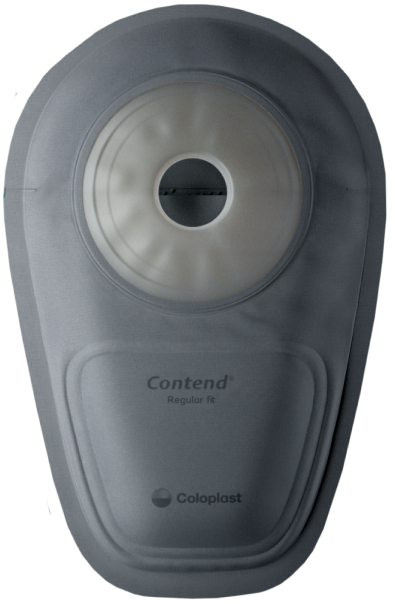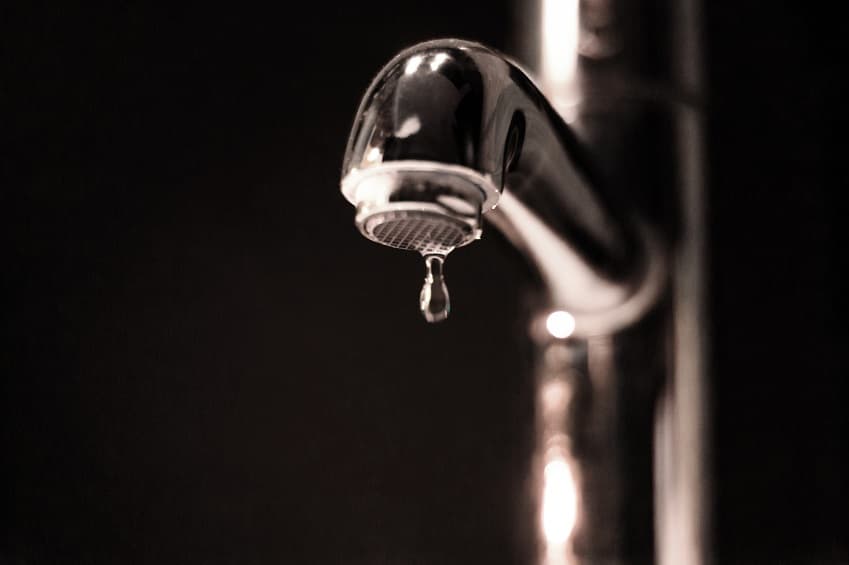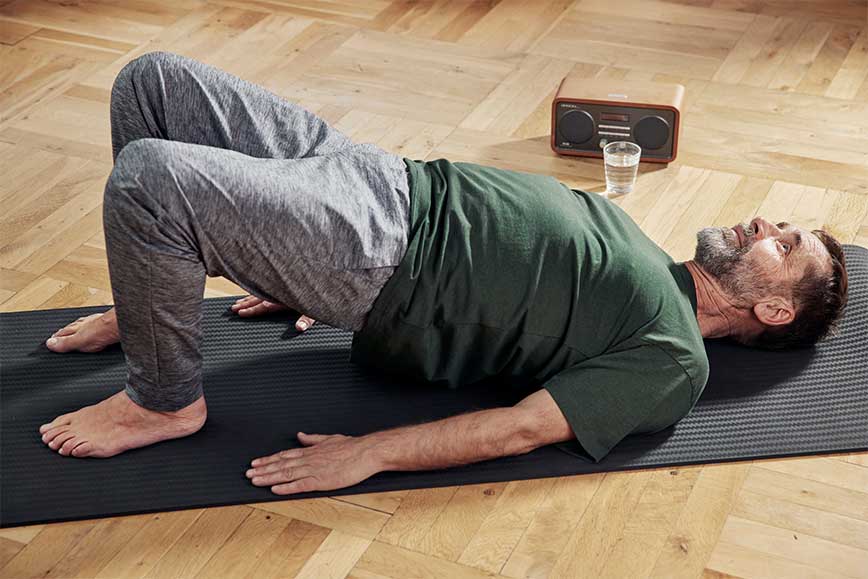In short, urine incontinence means unintentional passing of urine. Sometimes, it might be just a few drops, sometimes it’s larger amounts. If you are experiencing urine incontinence, you’re not alone. It’s a common issue, and more than 10% of men above the age of 40 are affected by urinary incontinence of various degrees. Urinary incontinence can be stressful, frustrating and impact your quality of life, and for the same reasons, you should take it seriously and consult your doctor for ways to manage the issue.
We distinguish between three types of urinary incontinence in category of mild to moderate:
Urge incontinence is characterized by a sudden uncontrollable urge to pee and the need to pee more than usual, also at night.
Overflow incontinence means that you need to pee but cannot seem to empty the bladder completely, which causes you to experience urine leakages throughout the day. Overflow incontinence may be connected to an enlarged prostate gland.
Stress incontinence is caused by a sudden movement or outburst, like sneezing, coughing, laughing, jumping or lifting, which triggers dripping or urine leakage.
Urge incontinence and overflow incontinence are most common amongst men. These two types of incontinence affect 3 out of 4 men with urinary incontinence and may overlap as well. This is defined as mixed incontinence.
5,5% of men between 40-50 years suffer from mild to moderate incontinence and prevalence increases with age. Typically, urinary incontinence is caused by one of the following reasons:
- Age: As we age, our bladder capacity and urinary flow decrease and therefore, residual urine increases.
- An enlarged prostate: Enlargement of the prostate gland is also common and usually linked to the hormonal changes that come with age. An enlarged prostate gland adds pressure to the bladder and the urethra, which is the tube that the urine passes through. (Benign prostate enlargement - NHS.
- Another treatment or medical condition: Urinary incontinence can be a side effect to another medical condition or treatment to the prostate gland.
Your doctor can help find the cause of your condition, and they can also give you advice tailored to your specific needs and lifestyle. You may also take inspiration from our lifestyle tips and exercises, which can help relieve symptoms.
More information
about urinary incontinence
We’ve gathered some information and tips that you might find helpful
in understanding and managing incontinence.

Is Contend™ right for me?
Contend™ is designed for mild to moderate urinary leakage. Contend™ can absorb up to 125 ml of urine, which is the equivalent to half a cup. If you experience dripping or smaller leakages daily and are currently using pads, Contend™ could be a new product for you to try. Contend™ can be used every day or on special occasions where you want to feel extra secure. It’s entirely up to you.





